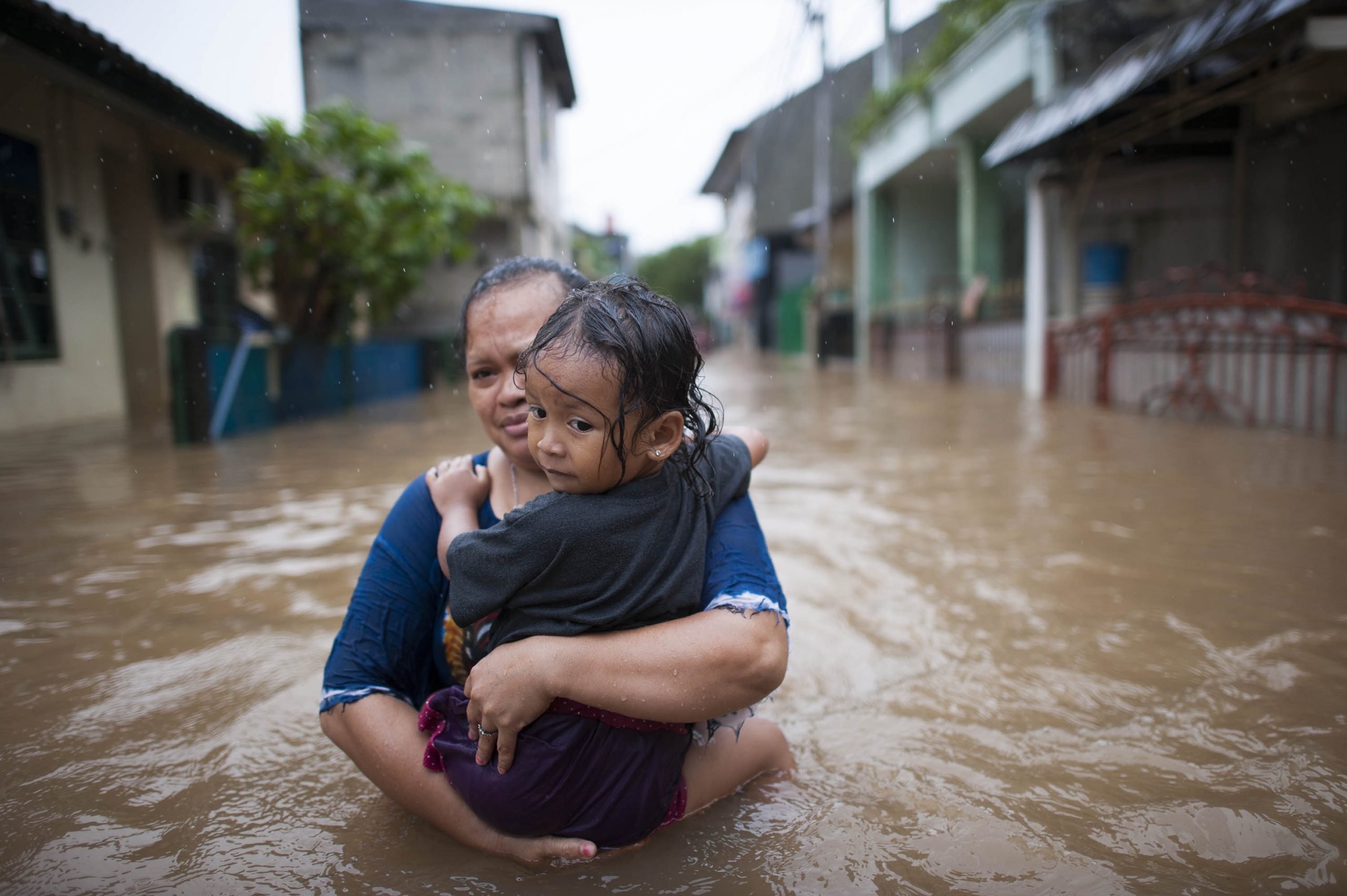
TOOL
WHO Climate Change and Health Toolkit
Action to combat climate change can lead to large positive improvements in public health. Mitigation of climate change in various sectors, including housing, transportation and energy, brings many co-benefits – including substantial health gains, reduced health risks and lowered health care costs.
The public health benefits of ambitious climate actions far outweigh the costs, while strengthening health resilience and building adaptive capacity protects vulnerable populations from health shocks and promotes social equity.
The health co-benefits from climate actions are well evidenced and offer strong arguments for transformative changes. Scientific research has shown that climate action aligned with Paris Agreement targets would save millions of lives due to improvements in air quality, diet and physical activity, among other benefits,1 1WHO, COP24 Special report: Health & Climate Changewhile avoiding the worst climate impacts could help prevent 250,000 additional climate related deaths per year from 2030 to 2050, mainly from avoidable causes such as malnutrition, malaria, diarrhoea and heat stress.2 2WHO Quantitative risk assessment of the effects of climate change on selected causes of death, 2030s and 2050s Transitioning towards sustainable energy, transportation, waste management and agricultural systems could help prevent the 3·3 million deaths attributable to anthropogenic PM2.5 in 2020, including the 1·2 million directly related to the combustion of fossil fuels.3 32022 Global Report of the Lancet Countdown
Climate Action |
Health Co-Benefit |
Increasing sustainability of food systems |
Decreased consumption of saturated fat from animal sources would decrease incidence of some cancers, heart disease, obesity, and promote overall nutrition, while more climate-resilient food systems promote food security. |
Reducing air pollutants from greenhouse gas emissions |
Reduced risk of air pollution related diseases, including stroke, heart disease, lung cancer, and chronic and acute respiratory diseases. |
Promoting active transport (i.e. walking and cycling) in place of travel by motor vehicle |
Increased physical activity, which can prevent certain cancers, diabetes, depression, heart disease and obesity-related risks, in addition to the prevention of respiratory and cardiovascular diseases from transportation related air pollution. |
Reducing household energy emissions |
Globally, around one third of the global population – 2.6 billion people – are exposed to household air pollution due to the lack of access to clean cooking solutions, causing millions of premature deaths annually. Health benefits of reducing household energy emissions are mostly a product of improvements to indoor air quality. They include a reduction in burdens associated with exposure to fine particles, radon, and carbon monoxide poisoning, reduced risk of acute respiratory tract infections in children younger than 5 years and chronic respiratory and heart disease in adults older than 30 years. |
Investing in low-carbon electricity generation |
Improved technology and a decreasing use of coal and other fossil fuels will bring about a fall in particle emissions, and a reduction in disease burden and deaths. The biggest gains would be in cardiopulmonary disease, followed by lung cancer, and health improvements due to a lessening of respiratory infections. |
Investing in reproductive health services |
Programs to provide access to reproductive health services for all women will not only lead to slower population growth and its associated energy demands, but also will reduce the numbers of child and maternal deaths. |
Research
EN
Research
EN
Research
EN